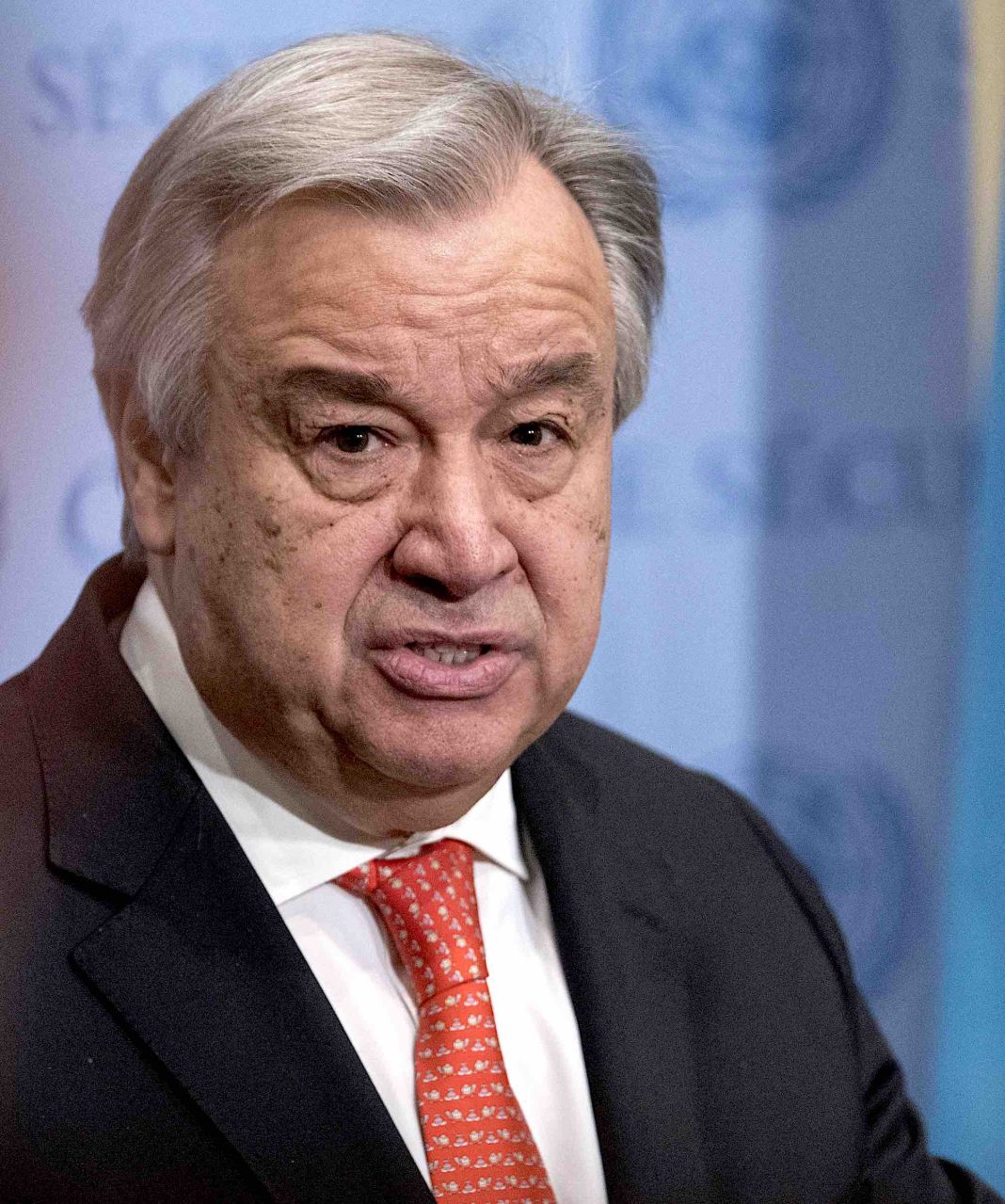By Janet Ekstract
NEW YORK – United Nations Secretary-General Antonio Guterres has earmarked the year 2018 as one of major change. He began his January 2018 address by reemphasizing his absolute commitment to stamp out gender inequality with a “zero tolerance policy” for any form of abuse or sexual harassment at the UN.
Guterres announced that he has already launched a “gender parity strategy” and that for the first time in UN history, there is now parity in the UN Senior Management Group with an almost equal split within the UN Secretariat of top leaders that include 23 women and 21 men.
The clear majority of women in top UN leadership and the determined willingness of Guterres to tackle a longtime thorny issue signals a hopeful, new era for the United Nations and the world.
The secretary-general referenced historic power imbalances between men and women as a major factor in perpetuating sexual violence, sexual harassment, and overall abuse.
“I am determined to remove them,” Guterres stated and outlined a five-step plan whose implementation began last year – that addresses what he terms as a very serious and urgent issue.
A large part of that plan includes a series of five steps that Guterres says will begin to more closely examine and address what had been an ongoing issue and a major point of contention at the UN over a period of years.
He stressed that all allegations of abuse whether past or present will be taken very seriously and looked into.
Guterres also made it clear that new protections are in place for whistleblowers and that a staff helpline to report such abuse and harassment is available for staff within the Secretariat.
There has, in the secretary-general’s view, been a “strong institutional response” into examining such allegations a lot more closely.
The new message is clear: “we will not tolerate sexual harassment anytime, anywhere.
More importantly though is a renewed commitment that Guterres has overseen to set up a leadership task force across the board at the UN to increase efforts to resolve the harassment issue and to “boost support for victims.”
A Rapid Response Team is providing crucial guidance with essential information and services that includes much more of an emphasis on improving support for victims.
Not only has mandatory training been more highly developed but a more advanced type of reporting system has been put in place to ensure more information is disseminated on the prevalence and reporting rates regarding this issue.
Clearly, a new era is unfolding at the UN that holds a major promise of hope and justice.
It is the tenacity and determination that Guterres expressed that makes it very clear that there is no room for either gender inequality of any form of abuse in the 21st-century new world order.



